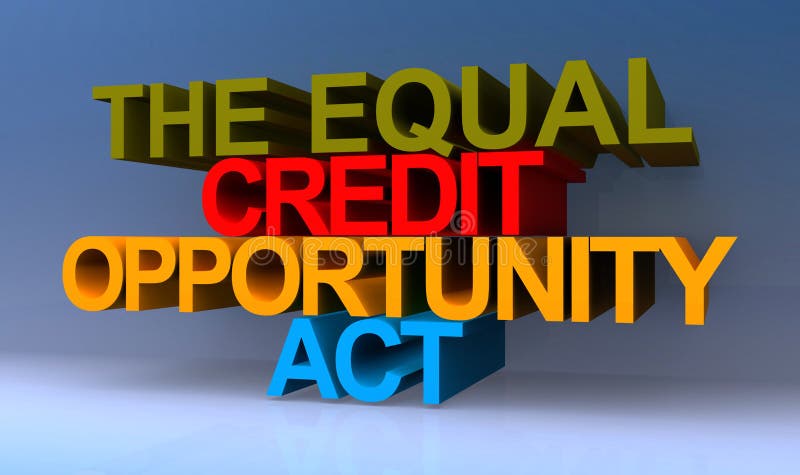

But a creditor may consider your immigration status and whether you have the right to stay in the country long enough to repay the debt.But a creditor may ask you to voluntarily disclose this information because it helps federal agencies enforce anti-discrimination laws.must not consider your race or sex, including sexual orientation and gender identity.must not consider the racial composition of the neighborhood where you want to buy, refinance, or improve a house with money you’re borrowing.must not discourage you from applying or reject your application for a loan (based on these specific factors: your race, color, religion, national origin, sex, marital status, age and whether your income comes from public assistance or whether you’ve acted on your rights under the federal credit laws).must not give you different terms or conditions, like a higher interest rate or higher fees (based on any of these factors).whether the applicant has in good faith acted on one of their rights under the federal credit laws (like if you exercised your right to dispute errors in your credit reportĭuring the application process or when making a credit decision, a creditor.

whether all (or part) of a person’s income comes from public assistance.sex, including sexual orientation and gender identity.To ensure equal access to credit, creditors must not consider certain factors when making a credit determination. Below are some examples of what is (and what is not) illegal credit discrimination under the ECOA. But this information helps the government keep statistics that fight discrimination. And, the federal government encourages creditors to collect certain information that may seem discriminatory - for example, race, ethnicity, and age.

To make it more challenging, creditors often must ask about (and consider) information that is deeply personal - like your income, expenses, debts, and credit history. There are many forms of credit discrimination, and some forms are harder to spot than others. The discrimination prohibition of this law applies to every part of the credit process: when you’re seeking credit, when a creditor evaluates your income, and when a creditor makes credit decisions. The Equal Credit Opportunity Act (ECOA) makes it illegal for creditors (also known as banks, mortgage companies, small loan and finance companies, credit unions, retail and department stores, credit card companies, other online companies offering credit, and people who arrange for credit) to discriminate against you.


 0 kommentar(er)
0 kommentar(er)
